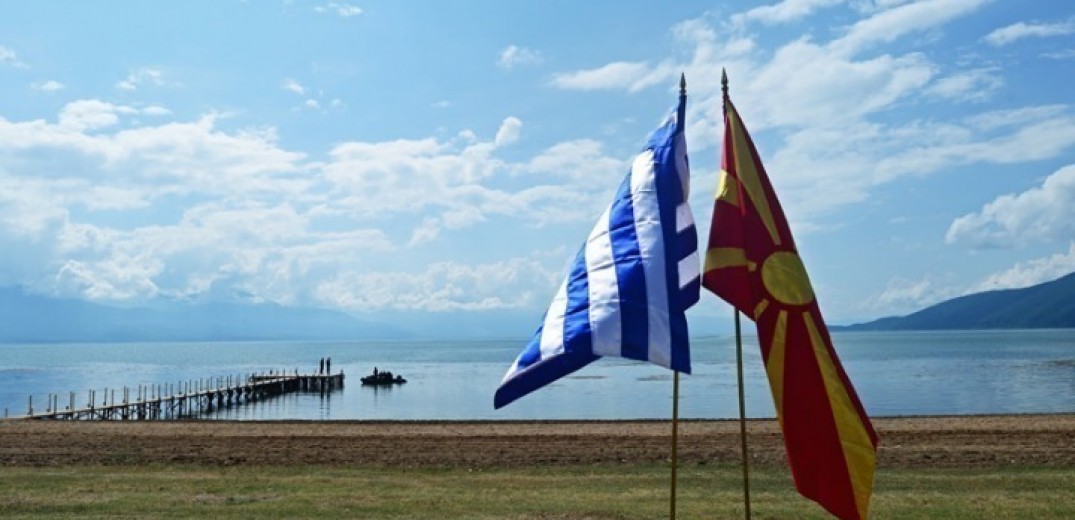Prespes Agreement
Is North Macedonia in danger?

On 12 February 2019, the Prespes (or Prespa) Agreement entered into force. It was a bilateral agreement between Greece and North Macedonia, for the final settlement of their differences. The Agreement ended the long-standing bitter dispute between Athens and Skopje for the use of the name of “Macedonia” and other related issues. The international community and the UN Secretary General welcomed the announcement of the Agreement; however, the process of ratification in the national parliaments was tough for the two neighbouring countries. Nationalism and prejudice made it very difficult to get the necessary majority. Even so, the happy end demonstrated that even seemingly intractable issues could be resolved through dialogue and political will.
Two years later, some things are different. Greece has a new –conservative- Government that back in 2019 had endorsed a hard nationalist stance against the Agreement, rallying next to nationalist and neo-Nazi elements in Athens’ streets. As a government, though, it said it shall respect it. In North Macedonia, Prime Minister Zoran Zaev was re-elected in July’s snap elections, but with a new coalition and a new cabinet. The question now is how committed the two parties are vis-à-vis the Agreement’s implementation and whether they sincerely intend to apply its provisions or not, especially now that Bulgaria has cultural and linguistic claims over North Macedonia.
To watch closely the developments on this important regional issue, the Friedrich Naumann Foundation for Freedom (Project Greece), the University of Macedonia (Greece) and the European Policy Institute (North Macedonia) have founded the Prespes Agreement Observatory. The mission of the Observatory focuses on monitoring the overall implementation of the Prespes Agreement in both Greece and North Macedonia. Peace and cooperation in South East Europe is crucial for the entire EU, on trade, economic and security ground, and the Observatory assessed the politico-social challenges that arise in both countries and the rest of Europe vis-a-vis the changes that the Agreement brings.
The Observatory has now published its first quarterly report (January 2021), focusing on the attitudes of political parties in both countries, the influence of the EU and the role of Bulgaria.
